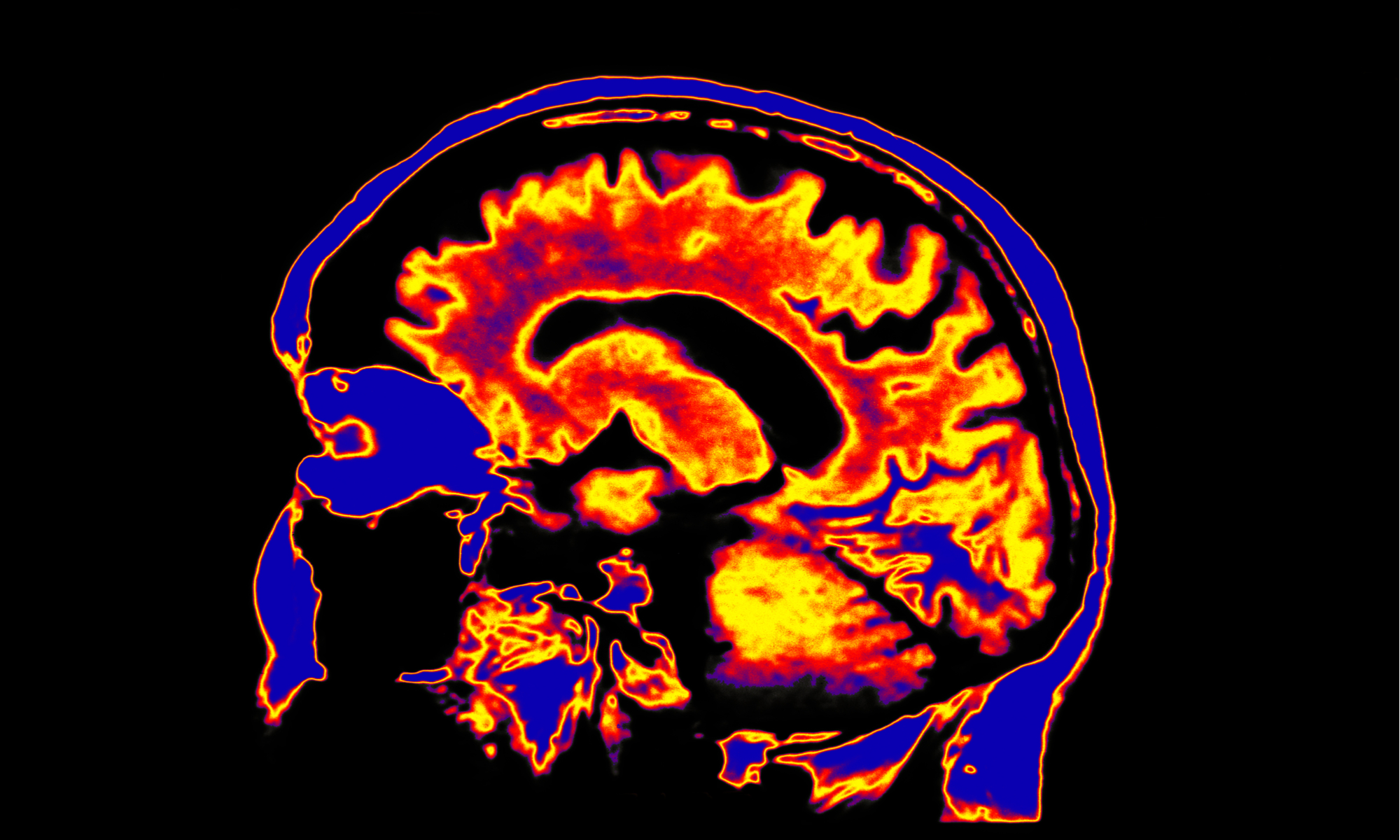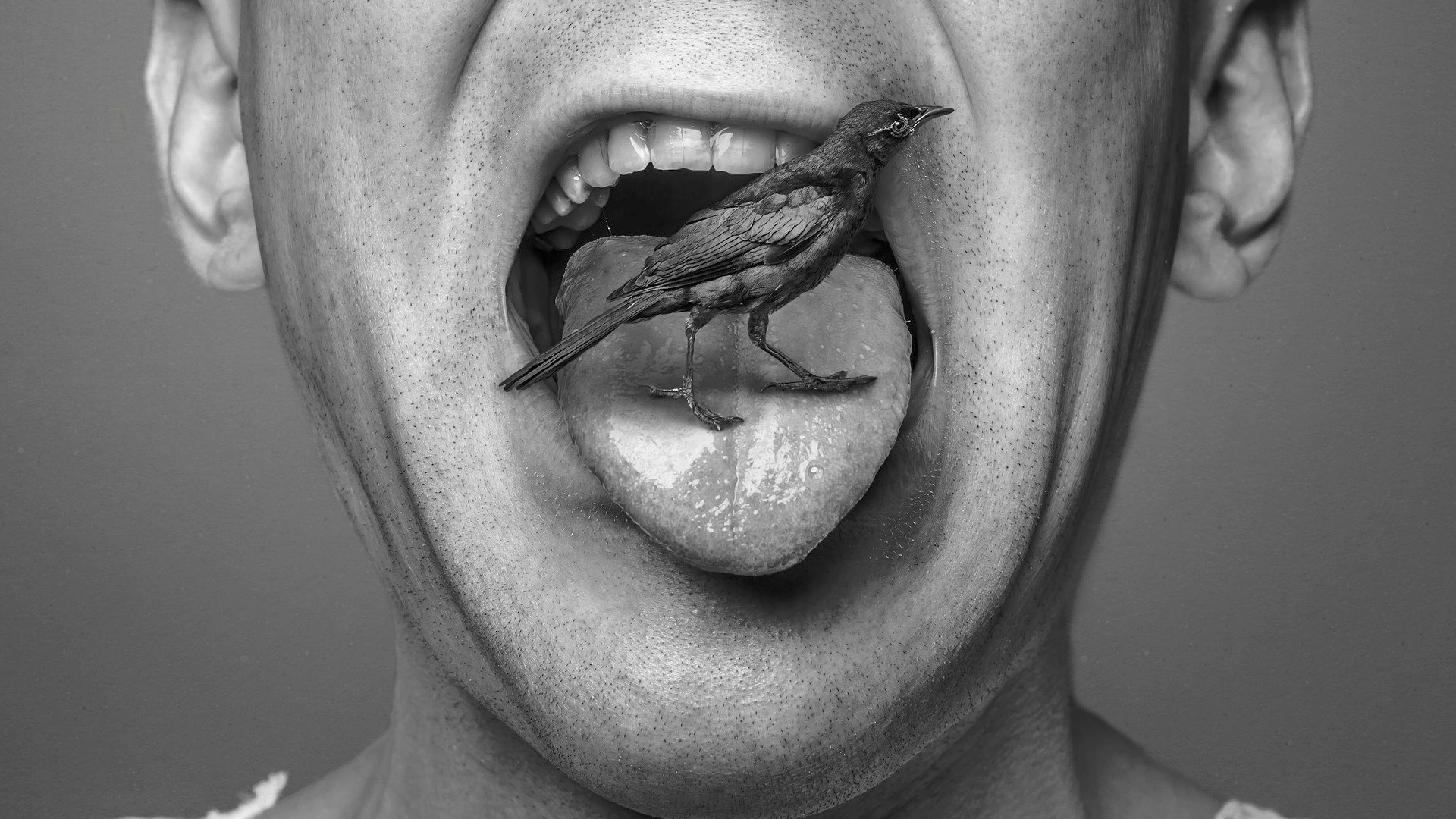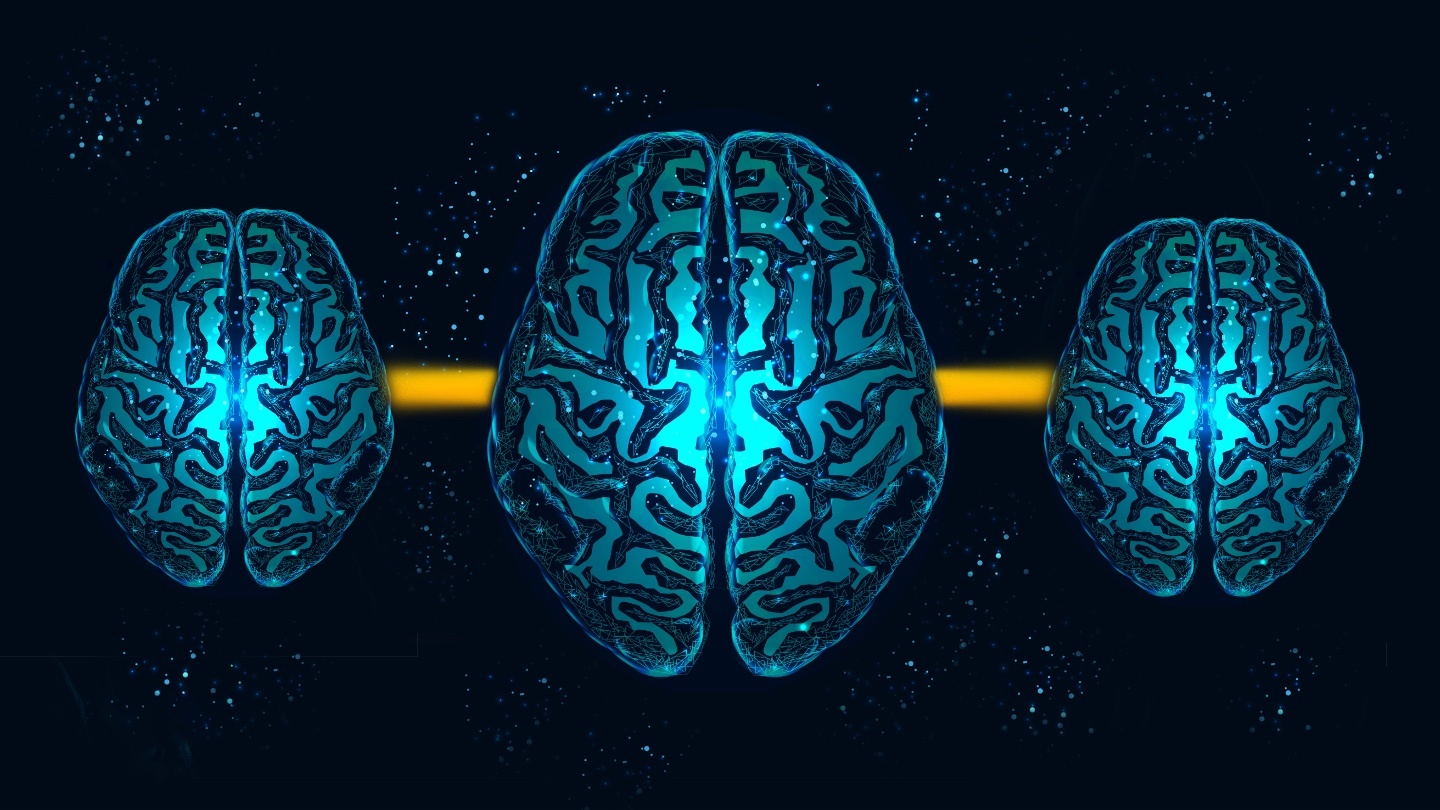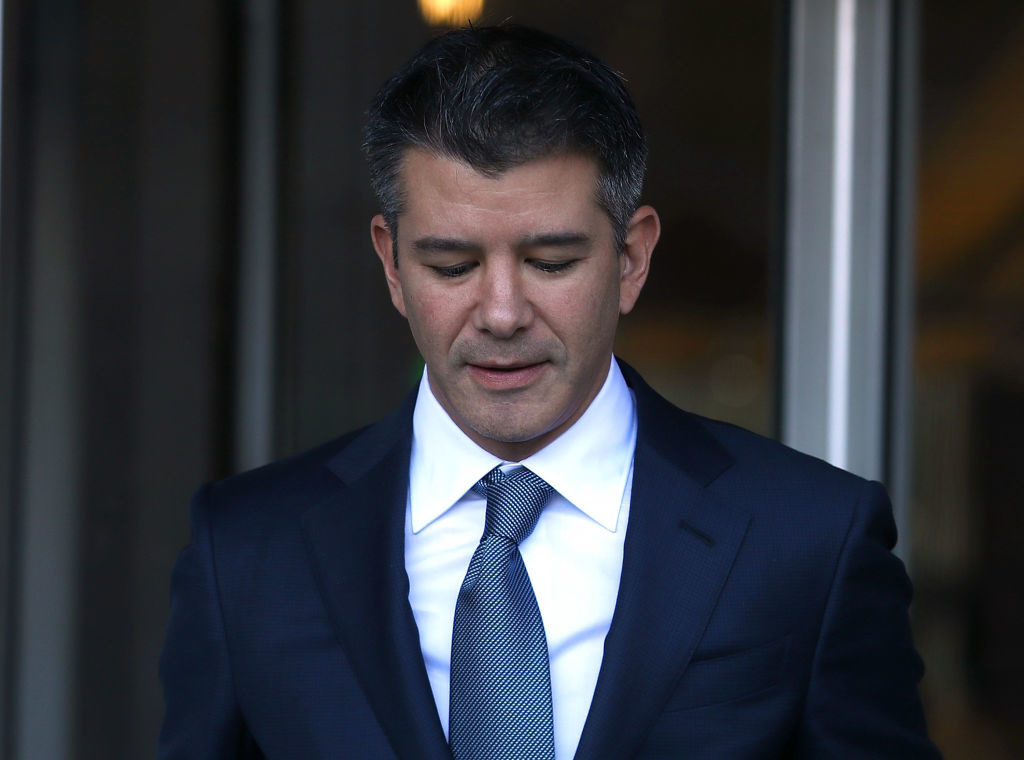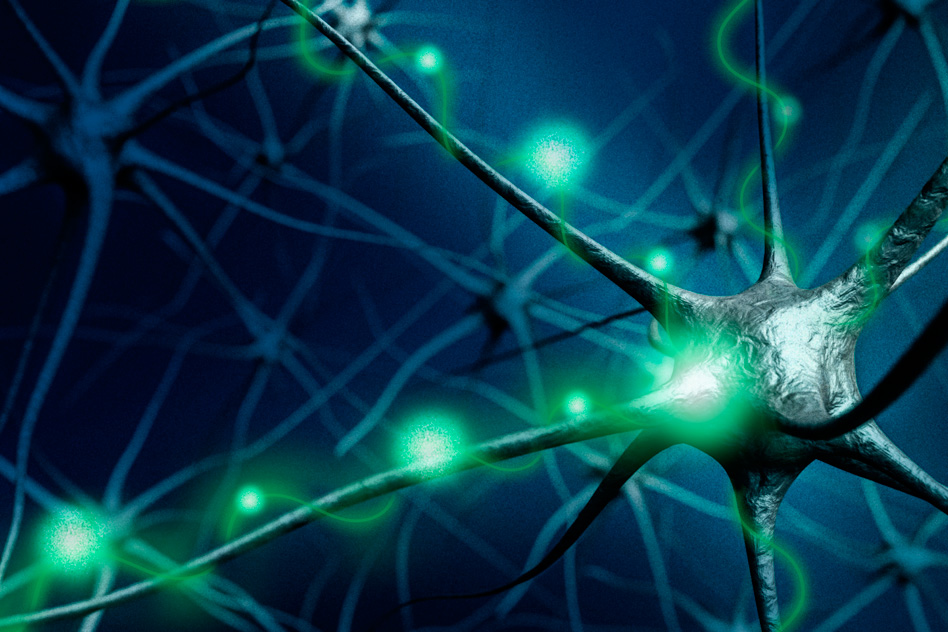neuroscience
A study on flies may hold the key to future addiction treatments.
When you slow down after exiting the highway, or hush your voice in the library, you’re using this brain mechanism.
A guide to making difficult conversations possible—and peaceful—in an increasingly polarized nation.
▸
5 min
—
with
Pleasure is not just about experiencing an enjoyable moment. It also involves anticipation – a connection between one’s present and future selves.
“Our results show why debates about controversial issues often seem so futile,” the researchers said.
In a study that might enable earlier diagnosis, neuroscientists find abnormal brain connections that can predict onset of psychotic episodes.
Famously unusual case studies that perplexed psychologists.
Attention rates, however, remained the same whether smoking or not.
Nasal inhalation may help us retain olfactory memories longer.
A neuroscientist argues that da Vinci shared a disorder with Picasso and Rembrandt.
Experiments show brain-to-brain collaboration.
Researchers at the Rotman School of Management discovered that past victories rarely translate into new environments.
Researchers at the Max Planck Institute have pinpointed a neurological trend in those genetically predisposed with depression.
A man paralyzed from the waist down was able to voluntarily control and move his legs with the help of an electrical implant in his spine.
Blame our ancestors for why it’s easier to be a couch potato.
Fight or flight? We’ve all been there. Now we have an understanding of how it works.
It’s all about smooth pursuit.
How does Alzheimer’s disease work?
▸
7 min
—
with
The brain of a gambling addict mimics that of a drug addict. But no outside chemicals are involved. How does that happen?
▸
3 min
—
with
A newly discovered phenomenon shows that humans communicate outside of mere auditory and visual modes.
Want to work out more? Eat more healthily? Quit smoking? These neurons control the fate of your habits.
Anxiety disorders are common. Yet, many find current treatments methods only partially effective.
How does music influence behavior?
Does what kind of music you play alter the benefits you get by playing it?
Neuroscientists are now starting to put TMR to work.
The human brain is an incredible marvel of evolution. But what’s even more incredible is how this supercomputer in your head is able to occasionally make such dumb mistakes.
▸
7 min
—
with
Could these findings be used to boost creativity?







